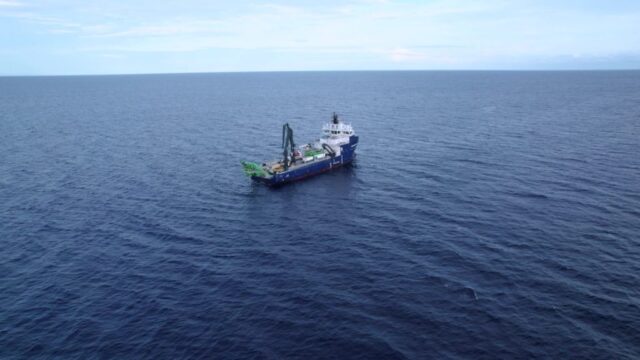Willem Marx:
It’s really complex. It’s rooted in a treaty that was signed more than four decades ago known as the Law of the Sea, to which the United States is not currently a party.
But to try and break it down as clearly as possible, within 200 miles of every coastal country’s shoreline, they are able to exercise what’s known as exclusive economic control. These are exclusive economic zones, particular to each coastal nation.
And within that area, those governments have jurisdiction over essentially what happens in their oceans, whether that’s mining or fishing. Beyond 200 miles, nautical miles, I should add, from a shoreline, you enter what are known as international waters.
And under this treaty the Law of the Sea, those international waters are under the jurisdiction of a U.N.-affiliated body known as the International Seabed Authority. It’s headquartered in Jamaica and the Caribbean.
And that body has been promising for many years now to essentially set up a series of rules that will allow not just the exploration of these international waters, but potentially also the exploitation, that is, mining. And for many years, they promised regulations. And for many years, members of this nascent industry, deep-sea mining industry, have been waiting in vain for those new regulations to be issued.
And what President Trump seems to have been suggesting in the last few weeks when he has talked about this publicly, talking about an executive order that would essentially override the International Seabed Authority, to which the United States right now is not a member nation, and say to mining companies, you know what, we as the U.S. authorize you with a mining permit to go out and extract these types of minerals and metals from the deep ocean.
And that would throw this entire industry into an entirely new region in terms of what’s possible for investors, what’s possible for operators, and, until now, the status quo would be completely undermined.

















































